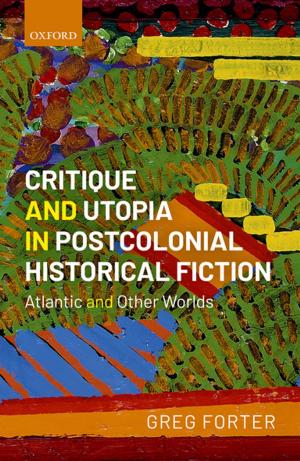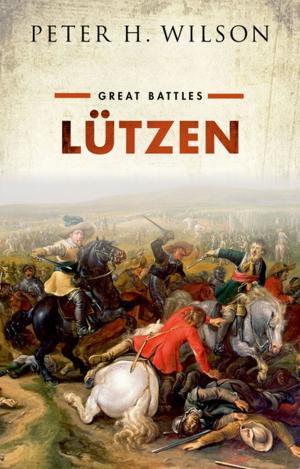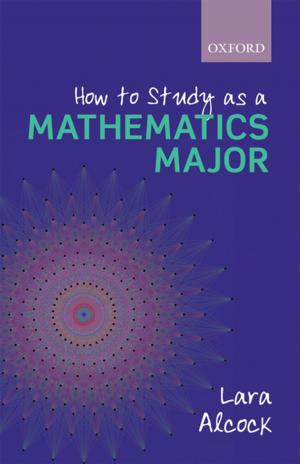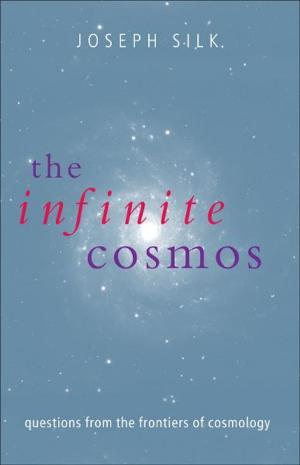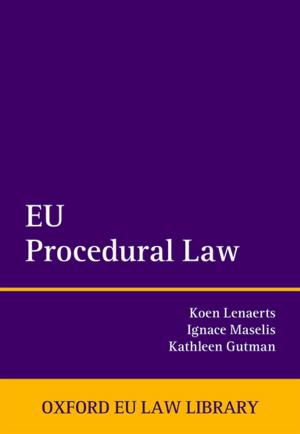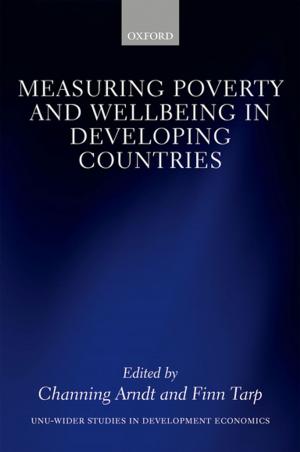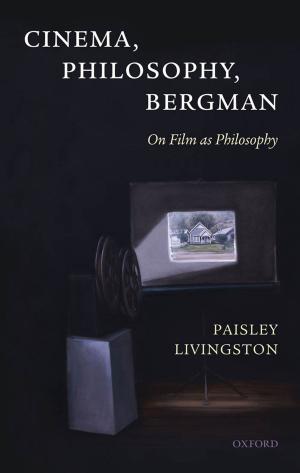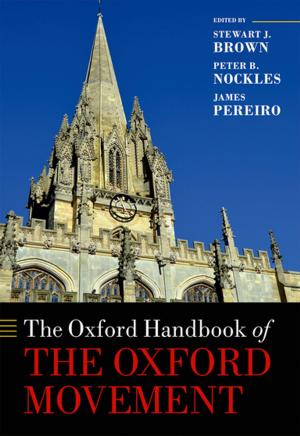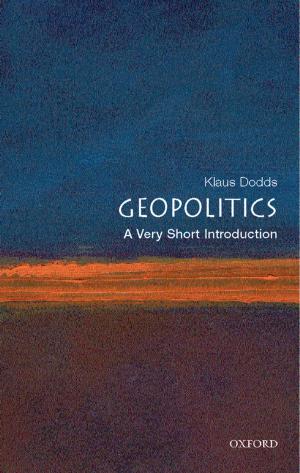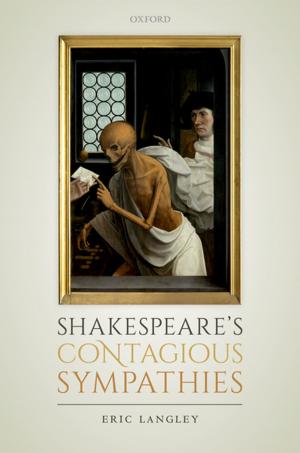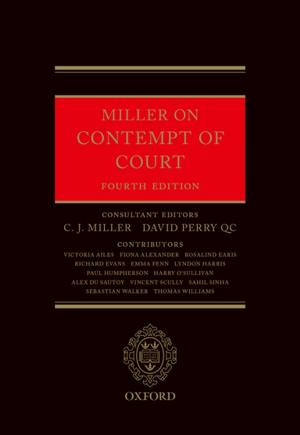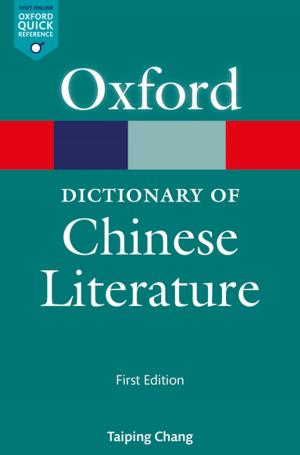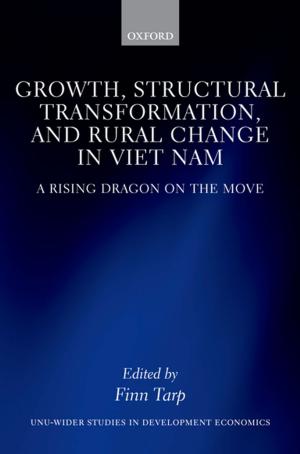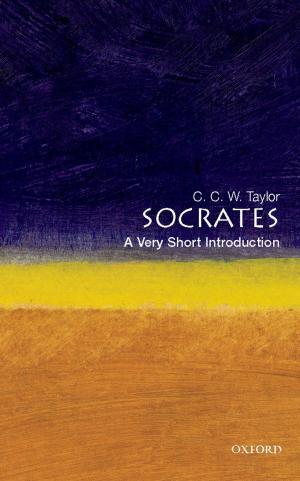The Ordnance Survey and Modern Irish Literature
Nonfiction, History, British, Fiction & Literature, Literary Theory & Criticism| Author: | Cóilín Parsons | ISBN: | 9780191080364 |
| Publisher: | OUP Oxford | Publication: | April 14, 2016 |
| Imprint: | OUP Oxford | Language: | English |
| Author: | Cóilín Parsons |
| ISBN: | 9780191080364 |
| Publisher: | OUP Oxford |
| Publication: | April 14, 2016 |
| Imprint: | OUP Oxford |
| Language: | English |
The Ordnance Survey and Modern Irish Literature offers a fresh new look at the origins of literary modernism in Ireland, tracing a history of Irish writing through James Clarence Mangan, J.M. Synge, W.B. Yeats, James Joyce, and Samuel Beckett. Beginning with the archives of the Ordnance Survey, which mapped Ireland between 1824 and 1846, the book argues that one of the sources of Irish modernism lies in the attempt by the Survey to produce a comprehensive archive of a land emerging rapidly into modernity. The Ordnance Survey instituted a practice of depicting the country as modern, fragmented, alienated, and troubled, both diagnosing and representing a landscape burdened with the paradoxes of colonial modernity. Subsequent literature returns in varying ways, both imitative and combative, to the complex representational challenge that the Survey confronts and seeks to surmount. From a colonial mapping project to an engine of nationalist imagining, and finally a framework by which to evade the claims of the postcolonial nation, the Ordnance Survey was a central imaginative source of what makes Irish modernist writing both formally innovative and politically challenging. Drawing on literary theory, studies of space, the history of cartography, postcolonial theory, archive theory, and the field Irish Studies, The Ordnance Survey and Modern Irish Literature paints a picture of Irish writing deeply engaged in the representation of a multi-layered landscape.
The Ordnance Survey and Modern Irish Literature offers a fresh new look at the origins of literary modernism in Ireland, tracing a history of Irish writing through James Clarence Mangan, J.M. Synge, W.B. Yeats, James Joyce, and Samuel Beckett. Beginning with the archives of the Ordnance Survey, which mapped Ireland between 1824 and 1846, the book argues that one of the sources of Irish modernism lies in the attempt by the Survey to produce a comprehensive archive of a land emerging rapidly into modernity. The Ordnance Survey instituted a practice of depicting the country as modern, fragmented, alienated, and troubled, both diagnosing and representing a landscape burdened with the paradoxes of colonial modernity. Subsequent literature returns in varying ways, both imitative and combative, to the complex representational challenge that the Survey confronts and seeks to surmount. From a colonial mapping project to an engine of nationalist imagining, and finally a framework by which to evade the claims of the postcolonial nation, the Ordnance Survey was a central imaginative source of what makes Irish modernist writing both formally innovative and politically challenging. Drawing on literary theory, studies of space, the history of cartography, postcolonial theory, archive theory, and the field Irish Studies, The Ordnance Survey and Modern Irish Literature paints a picture of Irish writing deeply engaged in the representation of a multi-layered landscape.

